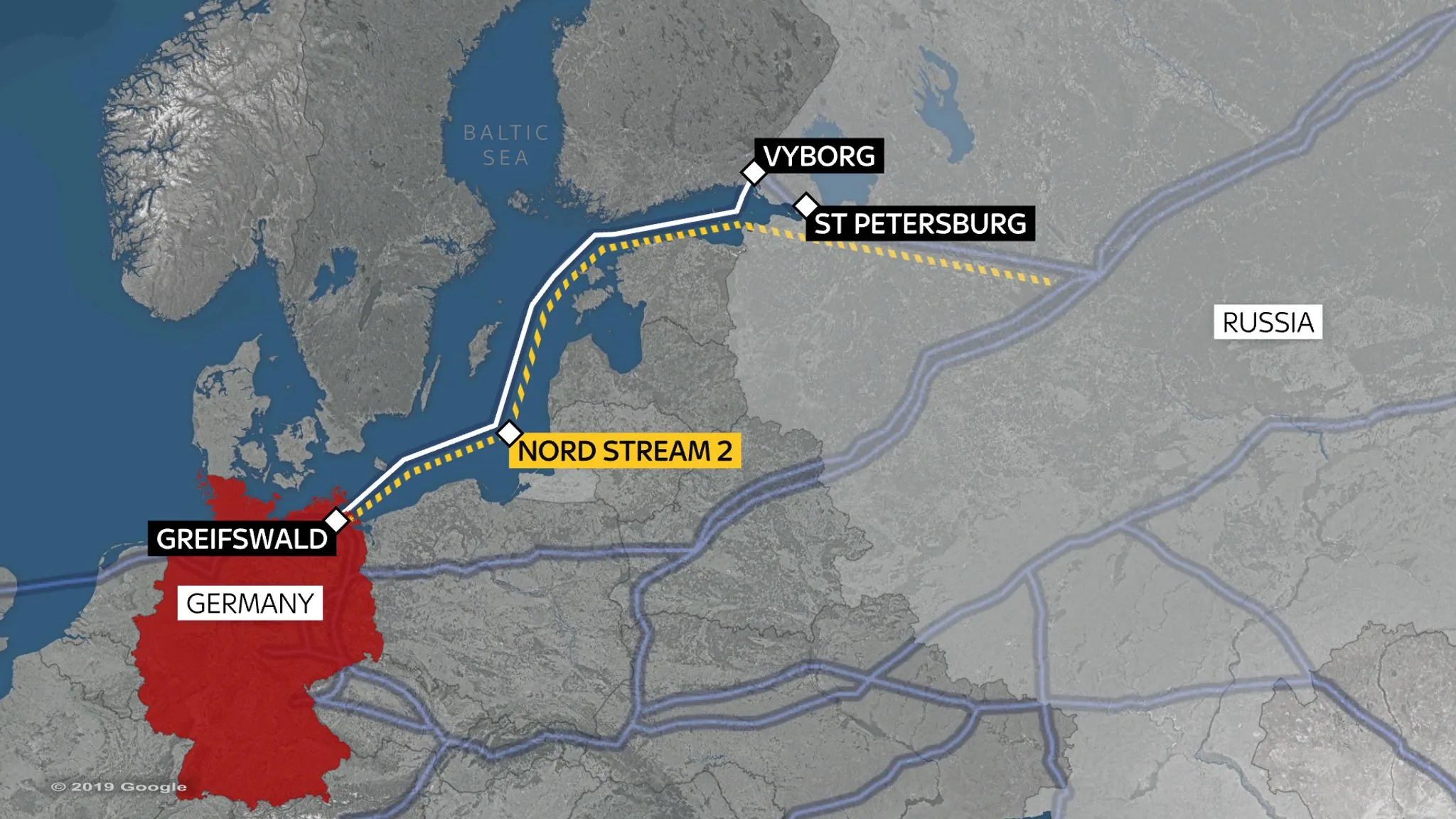(Opinion) Recent remarks from Russian President Vladimir Putin offer a lifeline for energy collaboration between Germany and Russia.
Putin has publicly expressed willingness to supply natural gas through the Nord Stream 2 pipeline immediately.
Despite political tensions, including sanctions and military support for opposing sides, Russia still seems open to critical cooperation.
Could Germany’s hesitancy be a missed strategic opportunity?
Just a few weeks ago, Putin made it clear during Russia’s Energy Week. “One strand of Nord Stream 2 is intact.”
It could supply 27.5 billion cubic meters per year; you just need to push the button. He emphasized that the ball is in Germany’s court.
When considering the alternatives, Germany’s reluctance to activate this partnership becomes puzzling.
The nation prefers to purchase 30% more expensive energy rather than utilizing Russian resources.

The irony deepens as Germany continues to receive gas from Russia through Ukraine. So why not via Nord Stream 2?
Putin’s words reveal the inconsistencies in Germany’s energy policy.
Even when the U.S. energy suppliers could benefit from this hesitation, it still doesn’t justify Germany’s loss in an era of soaring energy costs.
Foreign Minister Annalena Baerbock’s statements about forever cutting off Russian energy seem unrealistic and detrimental.
While sanctions may not cripple Russia economically, they certainly do affect ordinary citizens in Germany.
Germany’s Hesitancy
Putin’s readiness to cooperate shows a pragmatic approach towards European neighbors, an approach that Germany should consider reciprocating.
Is Germany’s hesitancy purely political, driven by an alignment with U.S. interests at the expense of its citizens?
If so, the long-term ramifications could be dire for Germany and European stability as a whole.
Here’s the crux of the matter: fruitful trade with Russia is not naive capitulation but mutual benefit.
A stable Europe cannot ignore the interests of Russia, a key player on the continent. Putin’s words may be provocative, but they present a valid point.
The question remains: will Germany seize this opportunity or let it slip away?
In conclusion, Germany faces a decisive moment. It can continue down the path of expensive, less reliable energy options or embrace a new era of collaboration with Russia.
Either choice will shape the geopolitical landscape and the well-being of its citizens.

